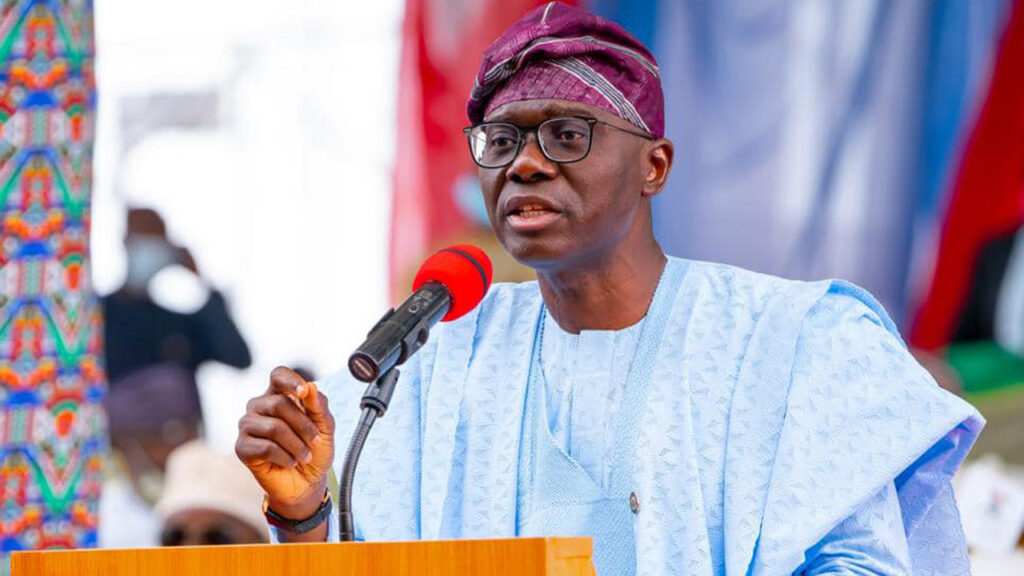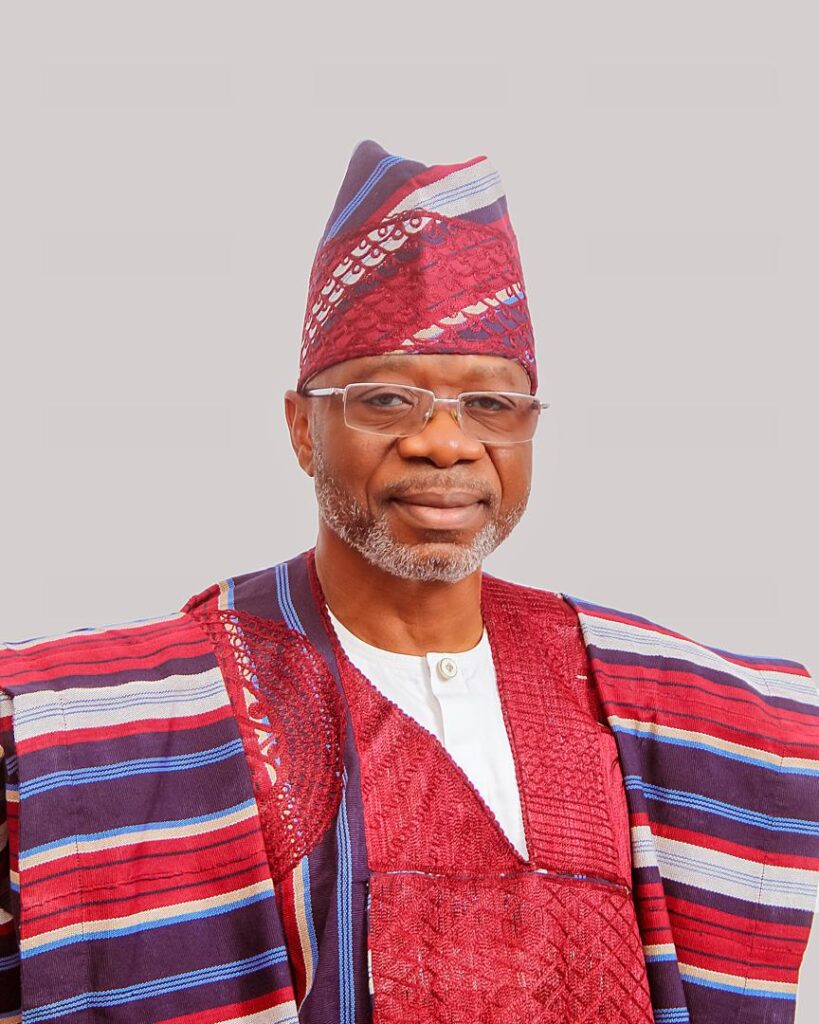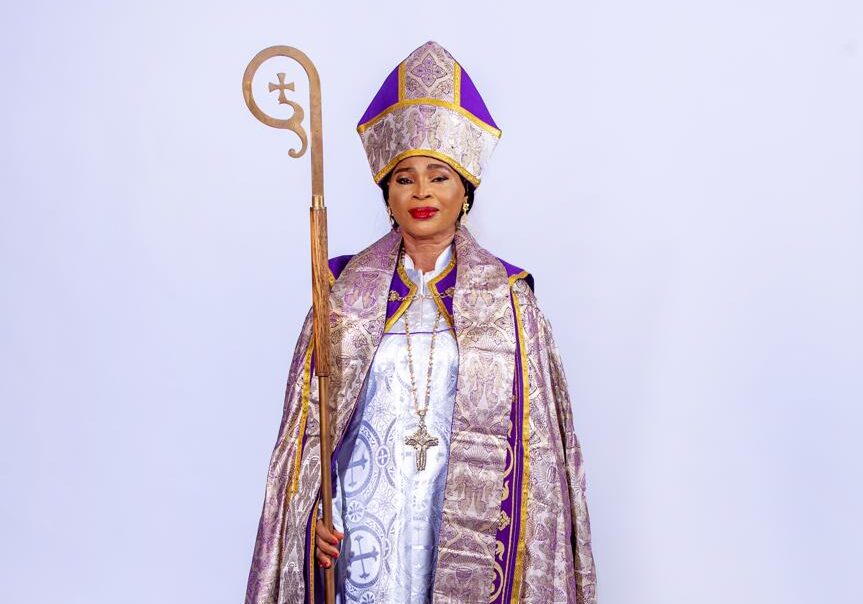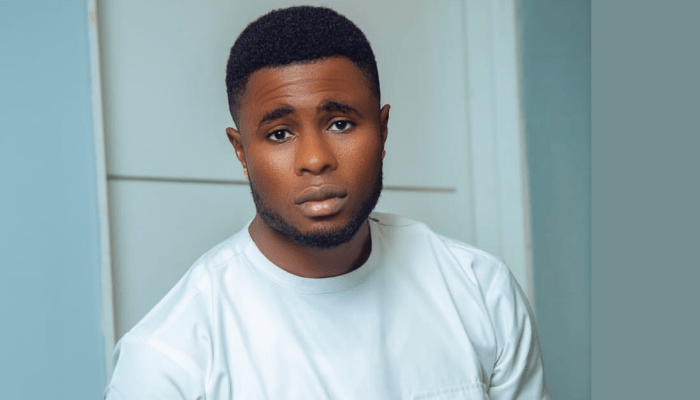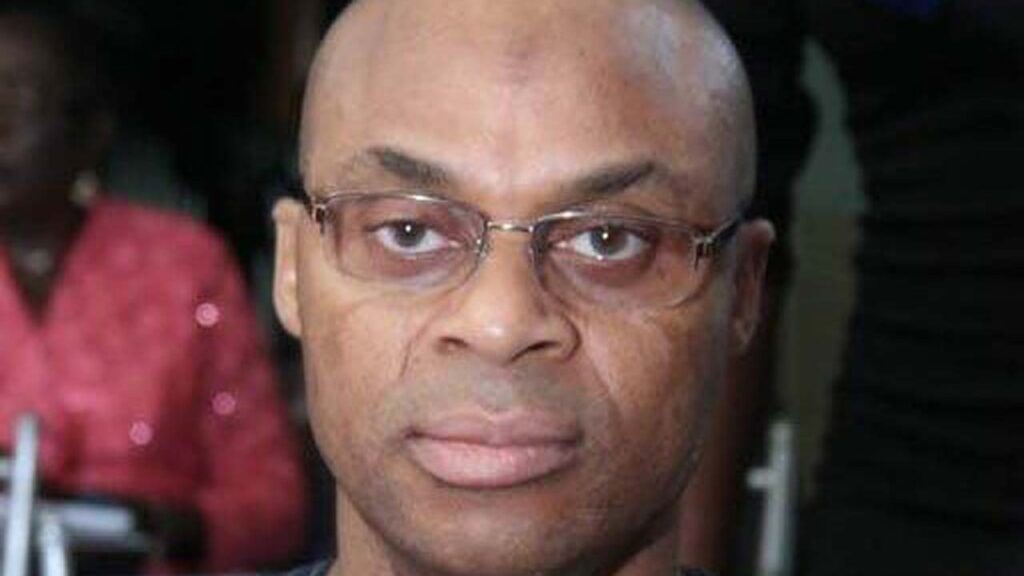
Mrs. Funke Arthur-Worrey celebrated 97 years recently. In this interview with GBENGA SALAU, the former President of the International Women’s Society spoke on her experience through life, marking the milestones among other issues.
How is clocking 97 in a country where life expectancy is about 56 years?
It is like a joke because when I celebrated my 70, I thought maybe that was the end, but I thank God, because in those days, when someone is celebrating 70, to us the children, the person looks so aged.
So, when I clocked 70, I said God, I am in your hand. Then I clocked 80 and then 90 years and I said what, and now I am 97. But I am enjoying myself, God has been good to me health-wise, I do not go to the hospital. I eat what I want and I still go to the market. I just love to see all those women because our women are wonderful. I also love to chat with them. I am proud of our Nigerian women. I go out, I eat and sleep anytime I want. I can move my hands, dance, I am enjoying my life.
So, God has been good to me. And when I go out to church or functions and I see younger women who are may be 65 years old and they struggle to walk or talk, I thank God. I still go out, take a walk, eat sugarcane and crabs. Any food goes though I like our local food, they are the main. We are blessed with good food. I eat egusi, eba, amala.
What are the routines that you think aided your longevity?
First of all, it is God, my maker. You cannot predict or buy longevity, it is God. I am a simple women, I go out, I eat what I want to eat, even the children know that. Like some people use to say, mummy, why are you still eating meat, but I eat whatever I want to eat. But I believe in God and that He is everything and my maker. Every morning I pray, because I believe in God and I just leave the rest to Him. And it is God. Of all the things, God is there for me. There is no secret, it is God’s doing and blessing that I am of this age and have opportunity to interact with very young people. So, there is no secret. And there is nothing particular about my schedules, but I thank God.
How did you meet your husband?
It is still a miracle to me when I think back how things happened. This was a man in England brought up by English people as his parents took him and his brothers to England at young age.
I’m a Lagos girl and at that time, Lagos was not as big as it is now. We knew ourselves. We were so connected. In our house then, we used to hear, ‘if Steady was here, he would have done this, he would have done that.’ I and my sisters said why don’t you let Steady come, and then one day they told us we are going to the airport to welcome him.
And as we lined up to welcome, he was shaking hands with each of us and when it was my turn, he held my hand firmly and said you are going to be my wife. I nearly died because I was so embarrassed. And I had to complain about his act to my aunt, saying he was very rude by that action. But my aunt said I should not worry myself, saying that in England, they call a spade, a spade. And that a guy you are meeting for the first time at a bus stop can say that he wants to marry you.
Thereafter, he would take us to Kingsway, and buy chocolate for us. He was just generous, and different. Then he left for a place now called Kebbi. But before he left for Kebbi, he had made a mark with the children in the area. He spent six months in Lagos. When he left, that was when I knew something was wrong but I couldn’t understand it. I couldn’t sleep. I was fidgeting. I was irritable. There was no phone then. He would phone my sister-in-law. That was how it started, and like a joke, I couldn’t sleep, he himself felt the same thing. Eventually, he returned to Lagos.
After he returned to Lagos, he went to meet my mother’s family members in Abeokuta to say he wanted to marry me.Though at times it could be embarrassing, but I too was. It is what you people called love today. I could not do anything without him. Eventually, I had to take him to the family in Abeokuta. They told him to settle everything with the family quietly. We were engaged and he went back. Meanwhile, he had arranged for me to go to school in England. I went to England in 1952, and we got married.
Well, I got married in England. I had my children in England. My husband was teaching in England at Billericay. He was an assistant principal, so we had to move to Billericay. At that time, there were not many Nigerians at Billericay. There were a few of us in Chelmsford and Billericay; they were in the same neighbourhood. I was so involved with women’s activities there.
What was your growing up like?
My youth was in Lagos, except occasional times I go to Abeokuta because my mum wanted us to be familiar with Abeokuta. In Lagos then, we had the freedom of movement. There was no traffic at all. Things were cheap, and then parents were important to children. We respected our parents because they loved and cared for us.
Parents, then, were both neighbours, aunties, uncles, and the like. They were our parents. As a child, you had more than one parent, and they watched over you and told you how to behave.
When you misbehaved, you could be spanked and asked to go home. When you get home, your biological parents will spank you some more if you report the incident and thank the uncle or aunty who had spanked you earlier for a job well done. We don’t have that anymore. I really just want that to come back to our society before I go. I really don’t know how that is possible but we need more communal living. That was what made my growing up really beautiful – the fortune of being trained by the community.
You seems to have special interest for women?
Our women are number one. They wake up around 5 am with their baby strapped on their back and set out to their marketplaces so they can buy early morning food at the markets. But then, we don’t have one governor that is female. They must recognise that the token deputy governorship slots they give us are not enough. We deserve our rightful places. We want to be the President of Nigeria. Women deserve it. Out of 36 states, nothing stops women from being governors of 10 states.
What do you think you have done differently as a young girl if you look back?
I don’t know, you can’t compare the Lagos of the 60s and 70s with the Lagos of today, because now, people are so many. But then, the local council was functioning well. I would have loved to see the Lagos of ‘the ’60s and ’70s. I enjoyed my life as a youth in Lagos.
There is insecurity in the land, what is your view on this?
I think it started with Chibok girls incident in 2014. That was 10 years ago. Since after that kidnap, we have not known peace as a nation. It used to be a thing we hear about in the far North, but it has come to the South and spread all over the country.
The one that scares me a lot now is the kidnapping. We don’t know who is who anymore. Before now, kidnapping was not in Yorubaland. In Yoruba culture, we are our brother’s keepers. We love and support each other.
I know it came with the population explosion. We have all sorts of characters now. But I think the government is trying to get rid of the menace. We have a lot of work to do. We don’t know another country. I love Nigeria. Nigeria is a beautiful country. We should hold it well.
It saddens me when I hear young people between 40 and 50 years dying of stroke and kidney diseases. Some of them just slump and die. The thing is living long belongs to God. Nobody knows that I’ll live this long. I didn’t know myself because, when I was age 70, I was so thankful to God for keeping me that long.
I am already 97 and I don’t even know what to do but to thank God for the gift of long life. There are really no secrets to these things. I know the youths see things differently from us adults. If the government provides social amenities, it will reduce frustration. Our youths are doing well. I learnt how a woman drove a car from London to Lagos alone. That is an amazing feat that must be amplified. That’s the girl we should celebrate. I pray God will give all the Nigerian youth success in all their endeavours.
I would advise the youths to be patient. As we age, we understand that there is no need for all the struggles and fighting. Before taking action, think about it several times and see if it is worth it. When I clocked 70, I understood a lot of things about life. There is really nothing here more than to live at peace with yourself and everyone. The youths should believe in themselves more.
There is a lot of frustration which has made many of them go into fraud, hard drugs, and all that. It will not help. They must trust themselves to follow the right way to success.


